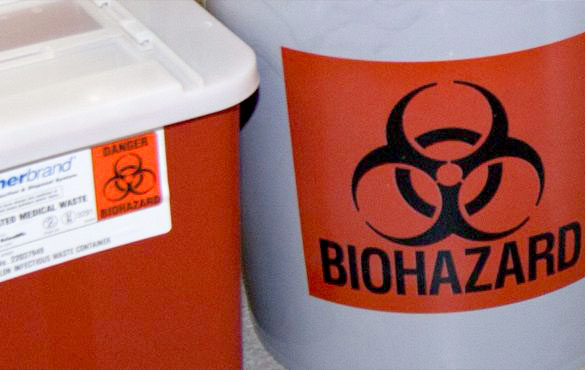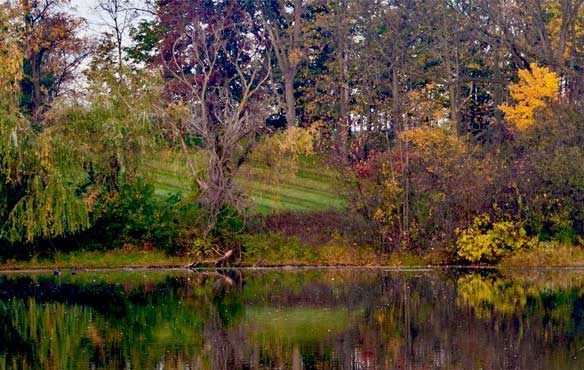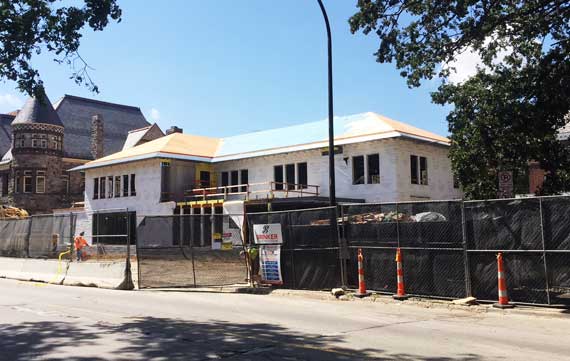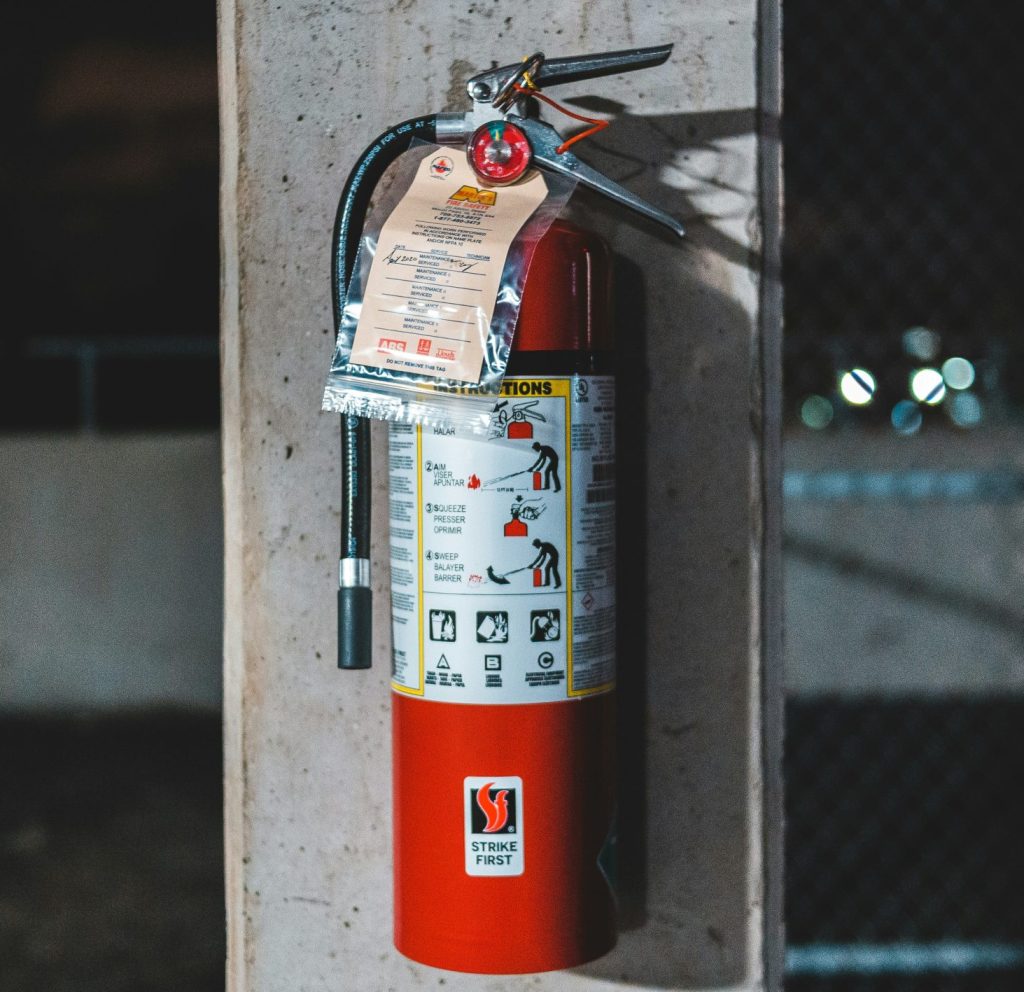Wetlands
Wetlands provide a necessary benefit to lakes, streams, rivers, groundwater, and wildlife including:
- Flood and storm water control
- Wildlife habitat
- Protection of groundwater
- Reduction of pollutants in storm water runoff
- Erosion control by acting as a sedimentation and filtering basin
The Michigan Department of Environment, Great Lakes, and Energy (EGLE) defines a wetland as “land characterized by the presence of water at a frequency and duration sufficient to support, and that under normal circumstances does support, wetland vegetation or aquatic life, and is commonly referred to as a bog, swamp, or marsh.”
NOTE: This definition may also apply to storm water retention and detention basins.
Permits for Working in Wetlands
Part 303, Wetlands Protection, of the Natural Resources and Environmental Protection Act requires a person to obtain a permit to complete work in a regulated wetland area for the following activities:
- Depositing or placing fill material in a wetland
- Dredging, removing, or permitting the removal of soil or minerals from a wetland
- Constructing, operating, or maintaining any use or development in a wetland
- Draining surface water from a wetland
EP3 is responsible for obtaining permits to perform work in regulated wetland areas, floodplains, and other waters of the State, such as creeks, ponds, and rivers. Depending on the work scope, some of the permits can take six to nine months (or more) to obtain or complete.
Community Participation
You can actively protect our wetlands by maintaining a suitable buffer between wetlands and new development (25 feet minimum, 50+ feet preferred) and encourage your neighbors and developers to do the same.
In addition, learn about wetlands near your home and help educate your community on the importance of their preservation. Many communities have organizations dedicated to preserving and restoring damaged wetlands and welcome your participation. The following local organizations welcome your support:
- Huron River Watershed Council: An environmental organization established in 1965 to protect, sustain, and rehabilitate the Huron River system. The HRWC has a variety of programs addressing topics such as pollution prevention, protecting wetlands and floodplains, and planning for natural resources and land use.
- Legacy Land Conservancy: Established by Washtenaw County residents in 1989 to protect land for its natural, scenic, recreational, historic, and productive values.
- Friends of the Rouge: A local non-profit organization dedicated to promoting restoration and stewardship of the Rouge River through education and citizen involvement. Since 1986, the organization has been getting people directly involved in cleaning up and restoring their streams.
Supplemental Information
- EGLE: Wetlands Protection
- EPA: America’s Wetlands
- USFWS: National Wetlands Inventory





